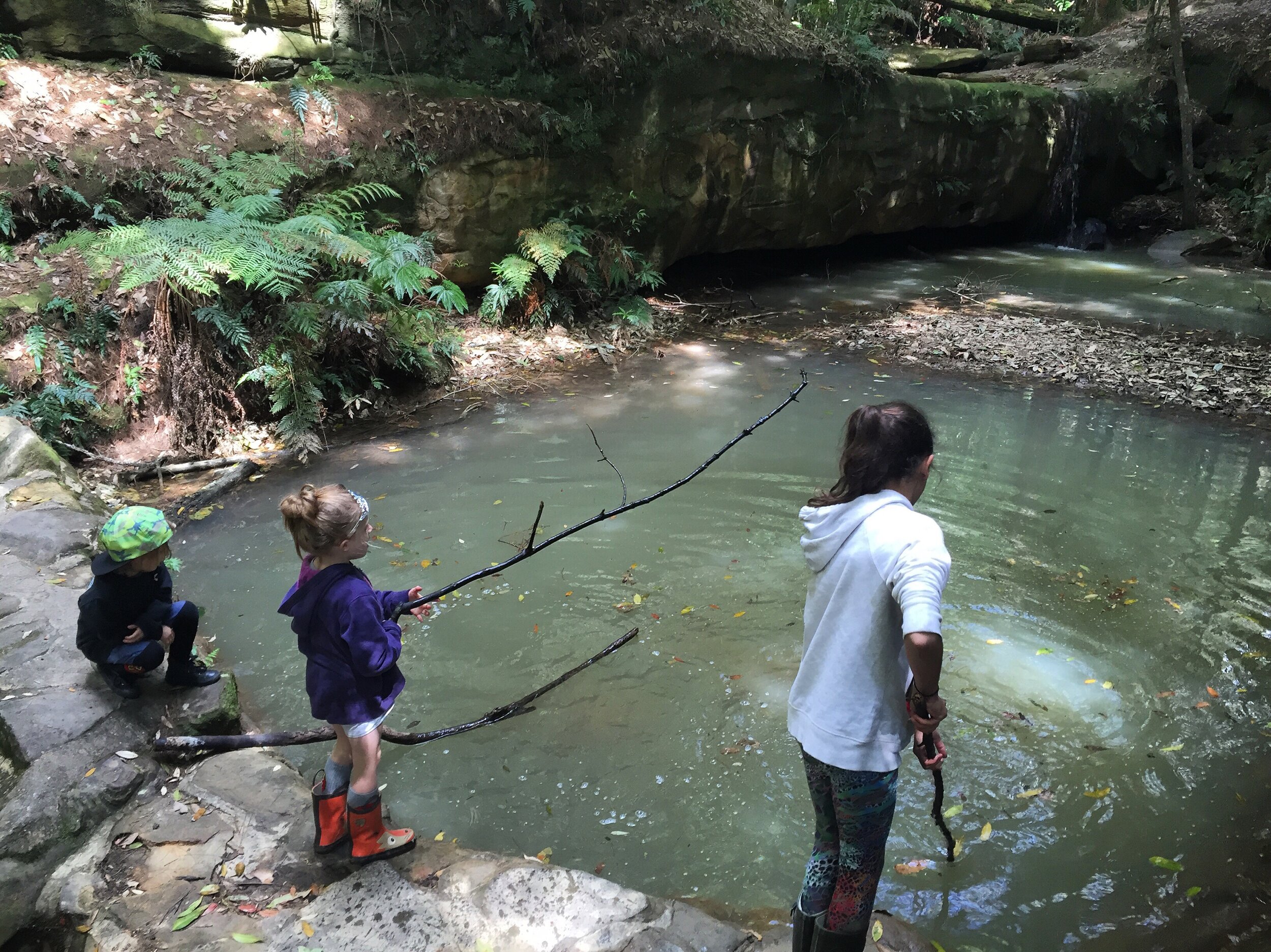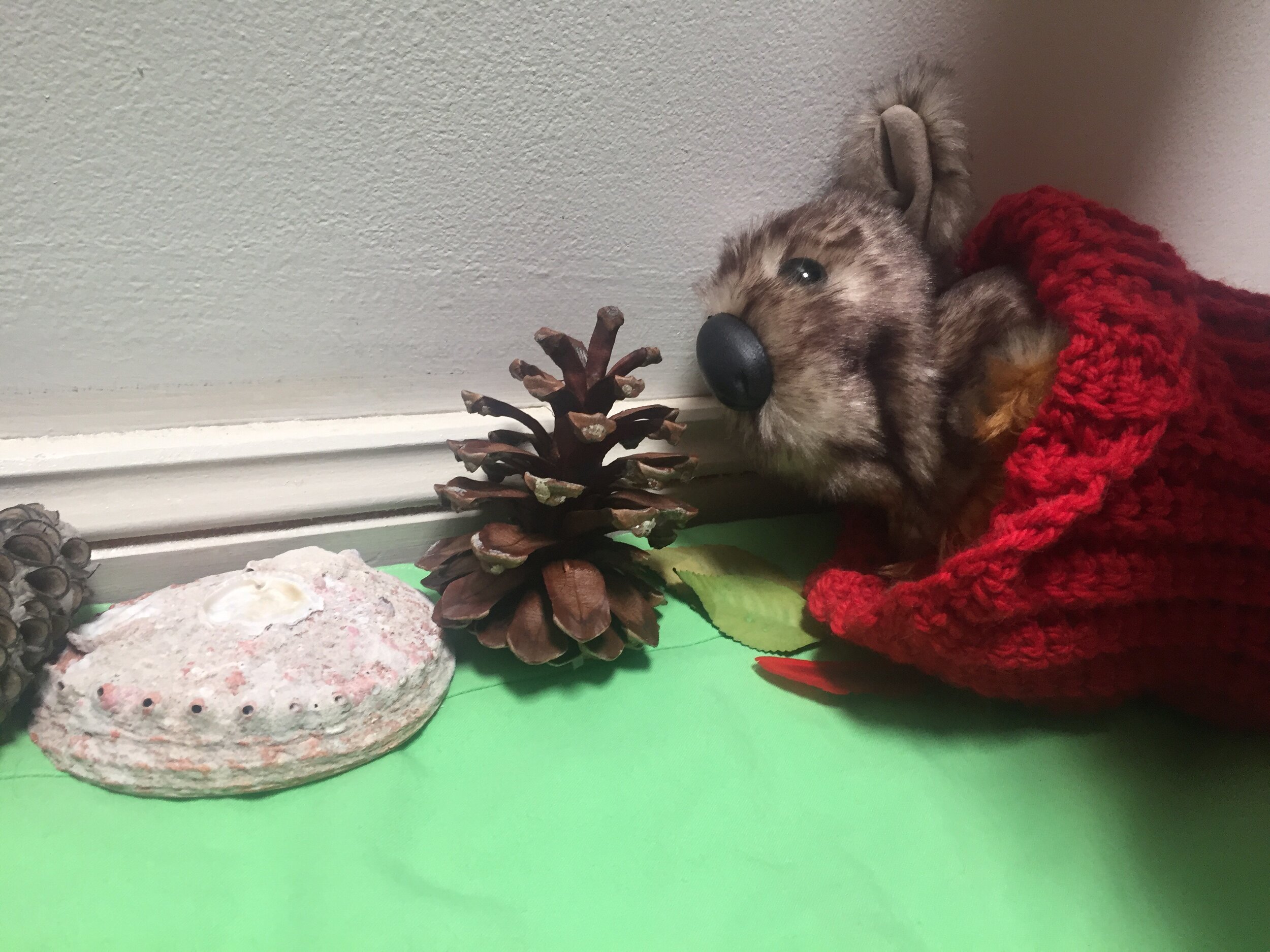Structurally Unstructured
Bec Carey
Nature's playground serves us a delicious buffet of open ended resources, room to run wild with the wind or hide down low in secret spaces. Served on a bed of time, we can soak it all in, explore, discover and make meaning of the world around us. Nature's Playground is a beautiful spread, desirable in every single way and a recipe that I just can't get enough of. It's simply perfect. Perfect, not only for me- a nature loving, mud monster, tree climbing being- but perfect for children of all ages, with a diverse range of learning styles and urges for play. We'll take a serve for everyone please, with a big fat scoop of fun and a sprinkle of love!
'But children need structure!' I hear the voices of many call through the wind... 'They need to sit at desks, learn the alphabet, count to 30 and get ready for school.' Well lets put a stop to those voices right now, turn your head so they pass with the wind. Take a breath of that fresh spring air and reflect.
REFLECTIVE QUESTION: Why do some people think children need to spend early childhood preparing for the next stage in their life, school?
How would you feel if when you became an adult at 18 years old you were told:
'Ok you're an adult now, let's prepare you for old age. Let's spend your days practicing being old and helpless. Here's a bed pan, if you don't start using it now while you're a fresh young adult, how will you ever possibly learn how to do it when you're 85? While you're at it, you might as well practice using your walking stick. No time to be an young adult, you need to prepare yourself for old age!'
Of course by the time you actually are 85 years old you will have completely mastered all the skills required to be an elderly person and you will of course then spend your days preparing for death. 'Lie down, tongue out , glazed eyes, don't move. Perfect! Just keep practicing' Ok so maybe i went too far there.....but you catch my drift.
REFLECTIVE QUESTION: If children are spending their current journey preparing for their next journey, when do they get to be in current time?
How can they relax, deeply engage or experience joy? How can they truly explore interests? You can't teach confidence, intrinsic motivation or empathy by sitting at a desk. You need to experience them to explore the feelings they create and urges that follow. What better place to build on these dispositions than out in Natures Playground with the wind in your hair and your feet on the earth.
We've said it before, TRUST it is an essential ingredient in Raw&UnearthedPLAY. It is a vital part of supporting children to become confident, capable, and creative. Trust allows children to unlock their brains, develop the ability to reason, critically think and imagine. This trust allows us to let the children engage freely in play, away from adults. That's right, away from adults! In their own private space. Within uninterrupted periods of play, ideas naturally emerge. There is no need to extend your ideas the following week, create lengthy lesson plans or spend hours creating fancy play areas (we all know the children will 'trash' your playspace to create their own anyway). When you truly trust children and yourself, it all happens naturally. Perhaps you do already trust the children, it may be yourself that you don't trust. It may be your inhibitions to let go, unleash control and just let it be that is stopping you. Children have the unique ability to extend their own ideas, this is how play develops. Outside in a natural environment, the opportunities are endless. Nature is filled with loose parts ready to be explored. You just have to build that trust with the children, let go and observe.
In a supportive trusting environment, children will revisit and extend on their play scenarios each day or week as play ideas evolve. If anything, trusting children to have their own ideas for play, to resource the natural environment and to extend using their own ideas makes less work for us as parents and educators.. Yes you! Put down that laminator. Step away from that cardboard box you are about to turn into a shop! They've got the ideas all locked up in their amazing brains.....our intention for teaching should be nothing more than to unearth their imagination and encourage them to play, both alone and socially with others. We can support is by providing space, time and tools. Give them the cardboard box, allow them free access to paint, tools, loose parts and provide space for them the create their own shop. The structure of learning that some desire, comes from within their process, their ideas, their play.
img_5145
Children create their own structure, they don't need us to do it for them. They are fabulously 'structurally unstructured' in the best possible way. They will return to familiar spaces, they will extend their own ideas, they will ask questions and explore to seek answers, they will move on when they are satisfied. They don't need a bell to ding when its time to change activities, they don't need adults hovering over telling them how to do it, they don't need to sit at a desk and hold a pencil to be learning. In fact, if they haven't played and used their fine motor muscles to grasp, squeeze and hold, chances are they won't have the strength to grip a pencil anyway, hello frustrations and low self esteem. Play in the early years provides time and opportunity for so many vital development milestones to happen; let them play, let it be unstructured, let them just be. Trust yourself to let go of the idea of structure and watch amazing things unfold before your eyes.
REFLECTIVE QUESTION: Do you change your approach or teaching style in different environments? Why/Why not?
Play encourages children to not only resource their environment, but each other too. Peer learning plays a significant role for children, especially younger children who spend time observing others before having a go themselves. This is where they absorb, analyse and interpret what they can see, hear, smell and feel. It is so important to not rush children, this is a vital learning time for them as they are internally interpreting and making sense of the world around them. Urges for play develop and their own creative individual ideas emerge. They may begin by imitating or copying others and then explore and test limits and boundaries, continually observing for new information or results. Our intention here should be safety, to provide a safe space and reduce the hazards to minimize risks.
It's amazing to watch children when given the freedom to assess their own risks, they often pause to observe the space, others and internally process their own risk benefit assessment. Benefits and urges nearly always win through a child's eye, and this is where our intention for teaching should be to guide, discuss and reflect with the children to move their bodies, encourage them to apply whole sensory engagement to the moment. Nature provides such a sensory rich play environment, there really isn't a better place to be. Being ignited in every possible way will allow them to be tuned in to their environment, become connected and confident and capable in their own abilities. This learning is transferable in all aspects of life; both indoors and out.
img_5106
These blocks of unhurried, uninterrupted (preferably) outdoor play will allow children to grow, make sense of their world and become truly comfortable and confident in their own skin. Overtime along with many skills, they will learn to; resolve conflict, share ideas, listen to others and make their voices heard. They will establish rules, negotiate, collaborate and seek solitude when its due. This practice is what prepares our children for life, not just the next chapter. Get outdoors and unstructure your day! It's time to play.






